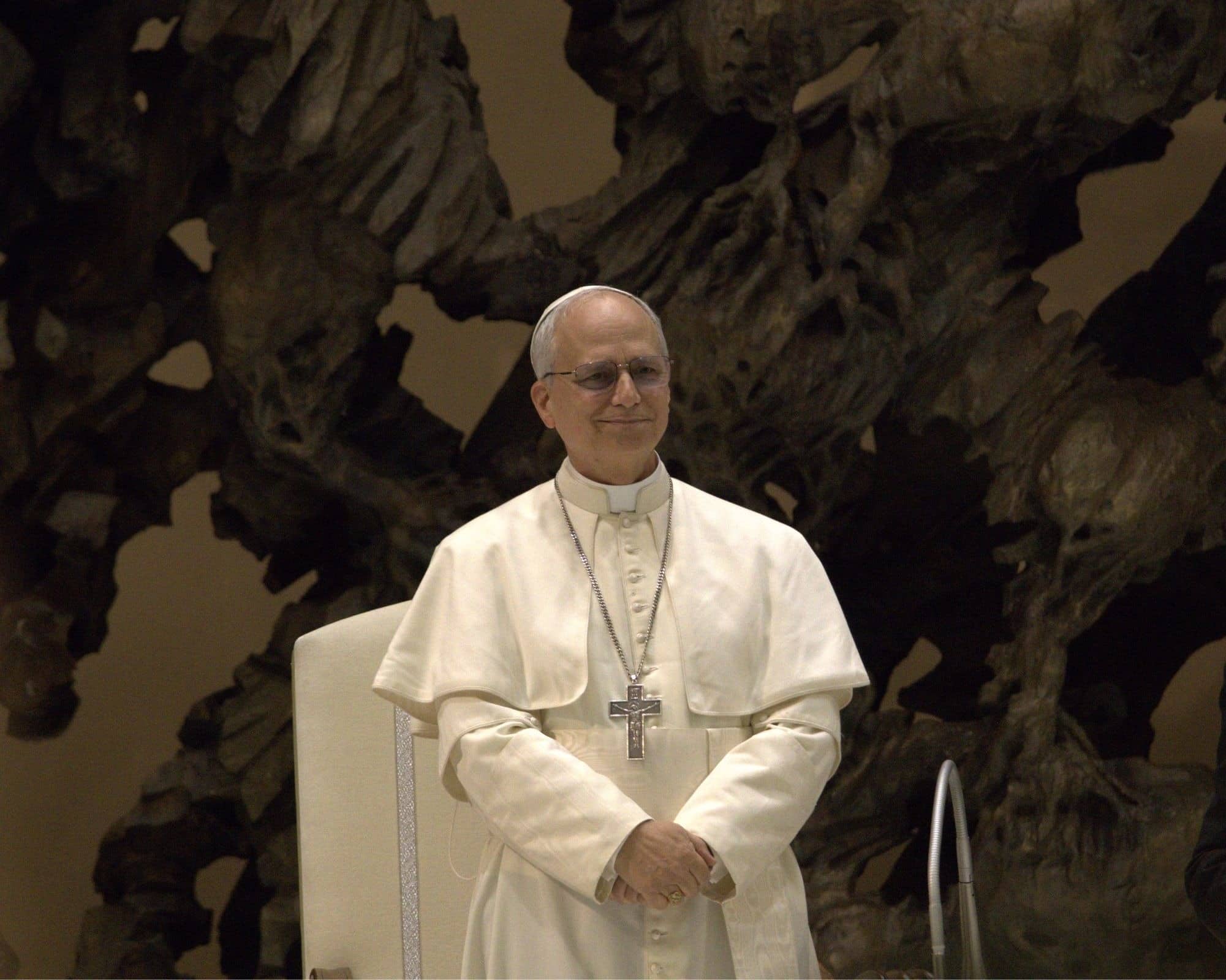

Pope Leo XIV has renewed calls for a common Easter celebration between Catholic and Orthodox Christians, highlighting it as a key step toward greater Christian unity.
Speaking at a Vatican symposium marking the 1,700th anniversary of the Council of Nicaea, the pope emphasized the need to overcome calendar differences that prevent Christians from celebrating the Resurrection on the same day.
The symposium, titled “Nicaea and the Church of the Third Millennium: Towards Catholic-Orthodox Unity,” was held June 4–7 at the Pontifical University of Saint Thomas Aquinas in Rome. The First Council of Nicaea was convened in A.D. 325 by Emperor Constantine I to resolve doctrinal disputes and establish a unified Christian belief system.
Speaking on Saturday morning, the pope welcomed symposium attendees with gratitude and praised the symposium’s focus on healing divisions between the Catholic and Orthodox Churches.
Pope Leo XIV received participants of the ecumenical symposium “Nicaea and the Church of the Third Millennium: Towards Catholic-Orthodox Unity” at the Vatican Apostolic Palace, marking 1700 years since the Council of Nicaea. pic.twitter.com/55tf20hpd4
— EWTN Vatican (@EWTNVatican) June 7, 2025
He called the Council of Nicaea a cornerstone in the shared Christian journey and particularly significant for Eastern Churches, which commemorate it in their liturgical calendar. Nicaea “is not simply one Council among others or the first in a series, but the Council par excellence…,” the Pope said.
Pope Leo stressed that unity cannot be achieved solely through human plans or dialogue. Instead, he said, it is a gift that comes through the working of the Holy Spirit, in accordance with Christ’s will.
He highlighted three key themes from the symposium – faith, synodality, and the date of Easter – as essential to the ongoing ecumenical path.
The Council of Nicaea is “a compass that must continue to guide us towards the full visible unity of Christians,” Pope Leo today told an ecumenical conference for Nicaea anniversary
He reiterated the Vatican’s desire to find an “ecumenical solution” for a common date for Easter pic.twitter.com/RmEjCCy1V8
— Michael Haynes
(@MLJHaynes) June 7, 2025
Reflecting on the shared beliefs established at Nicaea, he noted that what unites Christians “is much stronger, quantitatively and qualitatively, than what divides us.”
“We believe in the Triune God, in Christ as truly human and truly God, and in salvation through Jesus Christ,” he said. He also expressed belief “in the Church, baptism, the resurrection of the dead, and eternal life.”
Returning to Nicaea’s teachings, he said, can help Christians better understand the differences that remain and move toward full communion.
On the topic of synodality, the pope noted that Nicaea established a model for how the Church can address universal questions together. He expressed hope that the anniversary would be a chance to deepen shared faith and renew cooperative decision-making among different Christian traditions.
Turning to the date of Easter, he recalled that one of Nicaea’s original goals was to establish a common celebration. Today, calendar differences prevent Christians from celebrating the feast on the same day.
This division causes “pastoral problems within communities, dividing families and weakening the credibility of our witness to the Gospel,” he said.
The pope welcomed new proposals that aim to restore a common Easter date. He also celebrated that, in 2025, all Christian communities happened to observe Easter together – a rare alignment.
“I would reaffirm the openness of the Catholic Church to the pursuit of an ecumenical solution favouring a common celebration of the Lord’s Resurrection and thus giving greater missionary force to our preaching of the name of Jesus and the salvation born of faith in the saving truth of the Gospel.”
Before concluding, Pope Leo led the gathering in a traditional Eastern Christian prayer, invoking the Holy Spirit’s guidance for unity among all believers.
